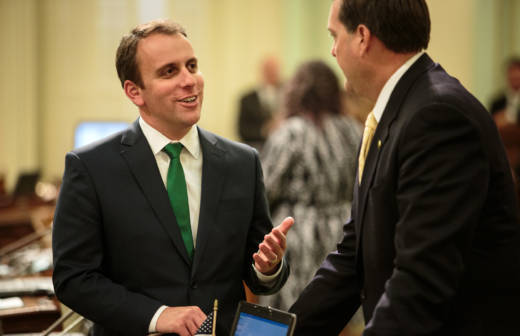As state lawmakers turn their attention to addressing California’s affordable housing crisis, one Democrat is proposing to raise taxes on the state’s largest companies to fund new construction.
Assemblyman Marc Levine (D-Marin) is working on legislation to raise the state’s corporate tax rate one percentage point -- from 8.84 percent to 9.84 percent -- on companies with 500 or more employees. The new revenue, which Levine estimates at roughly $500 million annually, would be spent on building affordable housing.
As with any tax increase, it's likely to be a controversial proposition.
"Corporations that pay poverty wages are creating the problem," Levine said. "Corporations that are thankfully paying high wages are then having employees displace others who aren’t making as much."
The new revenue stream would address one pillar of the three-pronged approach that Governor Jerry Brown and Democratic leaders agreed to work on when the Legislature returns later this month.

